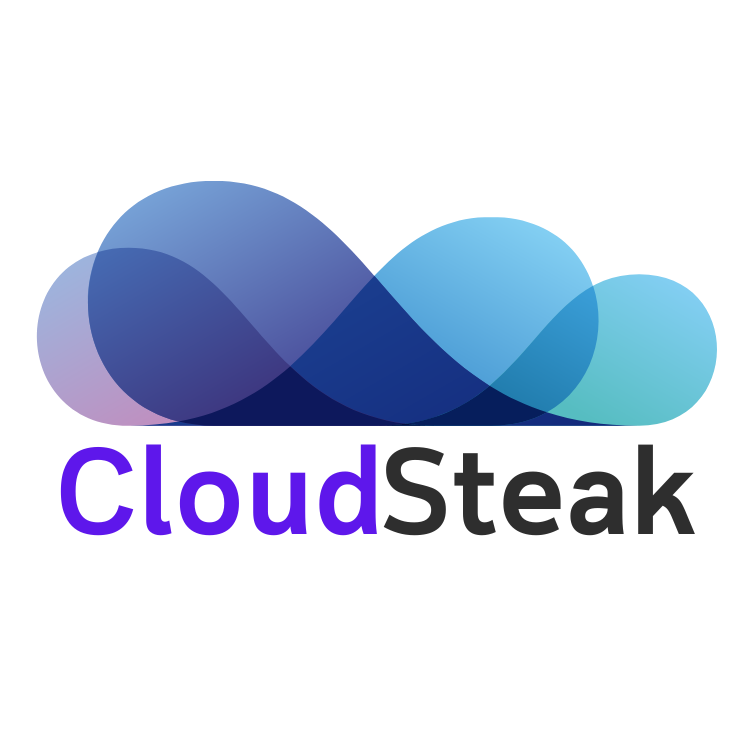Welcome to above the clouds

Azure – General availability: Audit Logs of Azure Monitor log queries
Azure Monitor logs is announcing a new capability to collect audit logs about query execution Read More for the details.

Azure – Public preview: Measure product effectiveness with new user analytics experience in Application Insights
A new experience based on Google’s “HEART framework” helps you measure product effectiveness. Read More for the details.

Azure – Public preview: Azure Monitor action rules are now ‘alert processing rules’
We are enhancing the preview of alert processing rules with capabilities for richer at-scale management. Read More for the details.

Azure – SQL Server IaaS Agent extension for Linux SQL VMs generally available
SQL Server IaaS Agent extension license management capabilities are now available for Ubuntu Linux virtual machines. Read More for the details.

Azure – IaaS Agent extension full mode no restart for SQL VMs generally available
SQL Server IaaS Agent extension can now be upgraded to full mode from lightweight mode without any service disruptions. Read More for the details.

AWS – AWS Database Migration Service now offers a new console experience, AWS DMS Studio
AWS Database Migration Service (AWS DMS) is pleased to announce the launch of AWS DMS Studio, a new service console that makes it easy to manage database migrations from start to finish. AWS DMS Studio accelerates and simplifies migrations by integrating tools for each phase of the migration journey from assessment to conversion to migration. […]

AWS – Introducing AWS DMS Fleet Advisor for automated discovery and analysis of database and analytics workloads (Preview)
AWS Database Migration Service (AWS DMS) is a service that helps you migrate databases to AWS quickly and securely. AWS DMS Fleet Advisor is a new feature of AWS DMS that allows you to quickly build a database and analytics migration plan by automating the discovery and analysis of your fleet. AWS DMS Fleet Advisor […]

AWS – Announcing Amazon DevOps Guru for RDS, an ML-powered capability that automatically detects and diagnoses performance and operational issues within Amazon Aurora
Amazon DevOps Guru for RDS is a new Machine Learning (ML) powered capability for Amazon Relational Database Service (Amazon RDS) that automatically detects and diagnoses database performance and operational issues, enabling you to resolve bottlenecks in minutes rather than days. Amazon DevOps Guru for RDS is a feature of Amazon DevOps Guru, which detects operational and performance […]

AWS – Announcing Amazon RDS Custom for SQL Server
Amazon Relational Database Service (Amazon RDS) Custom is a managed database service for legacy, custom, and packaged applications that require access to the underlying OS and DB environment. Amazon RDS Custom is now available for the SQL Server database engine. Amazon RDS Custom for SQL Server automates setup, operation, and scaling of databases in the […]

GCP – How data and AI can help media companies better personalize; and what to watch out for
Media companies now have access to an ever-expanding pool of data from the digitally connected consumer. And over the past two years, as content consumption and audience behaviors have shifted in response to the world around us, direct-to-consumer has only accelerated. As media organizations pivot from third-party to first-party data, this presents challenges with the […]
